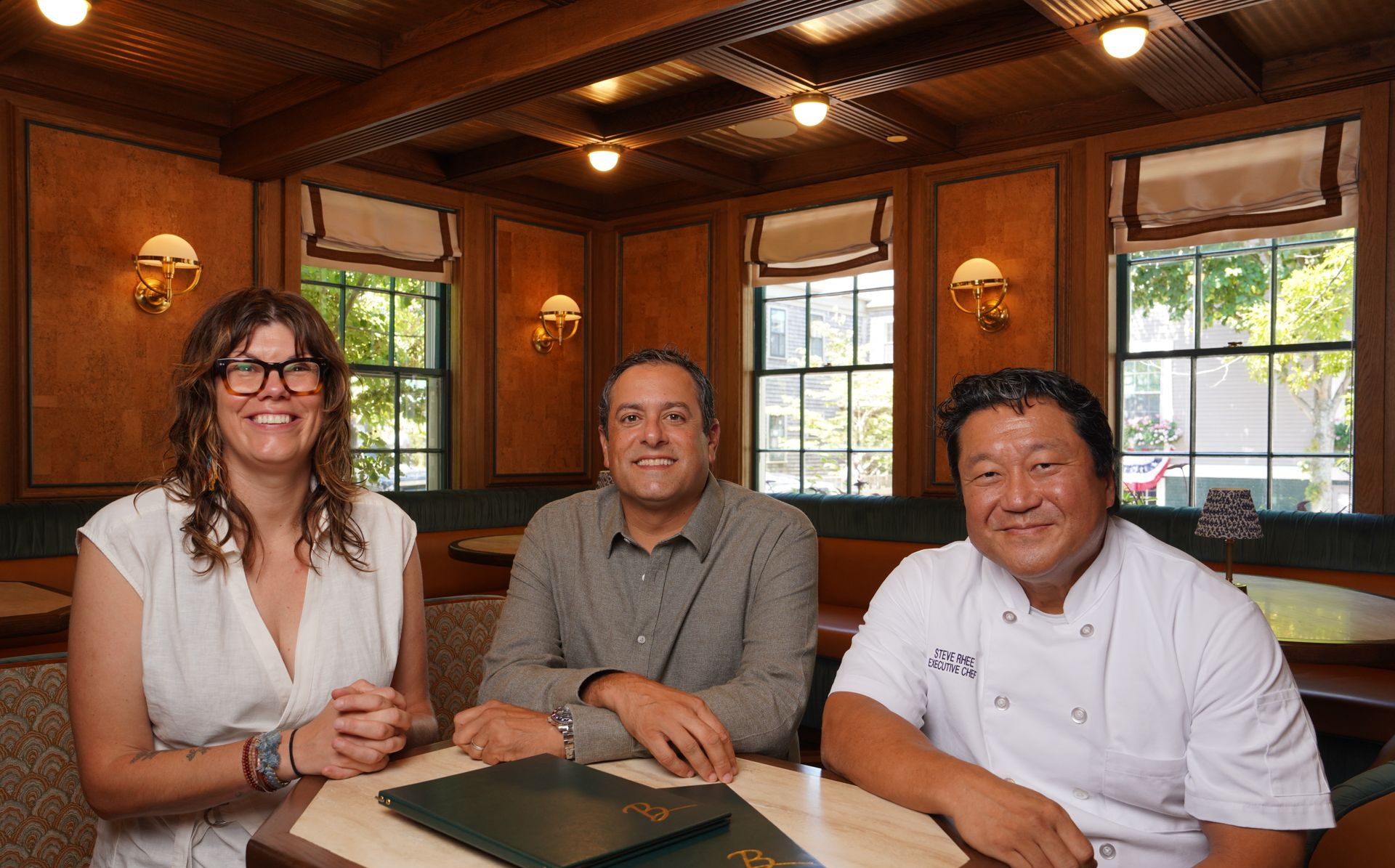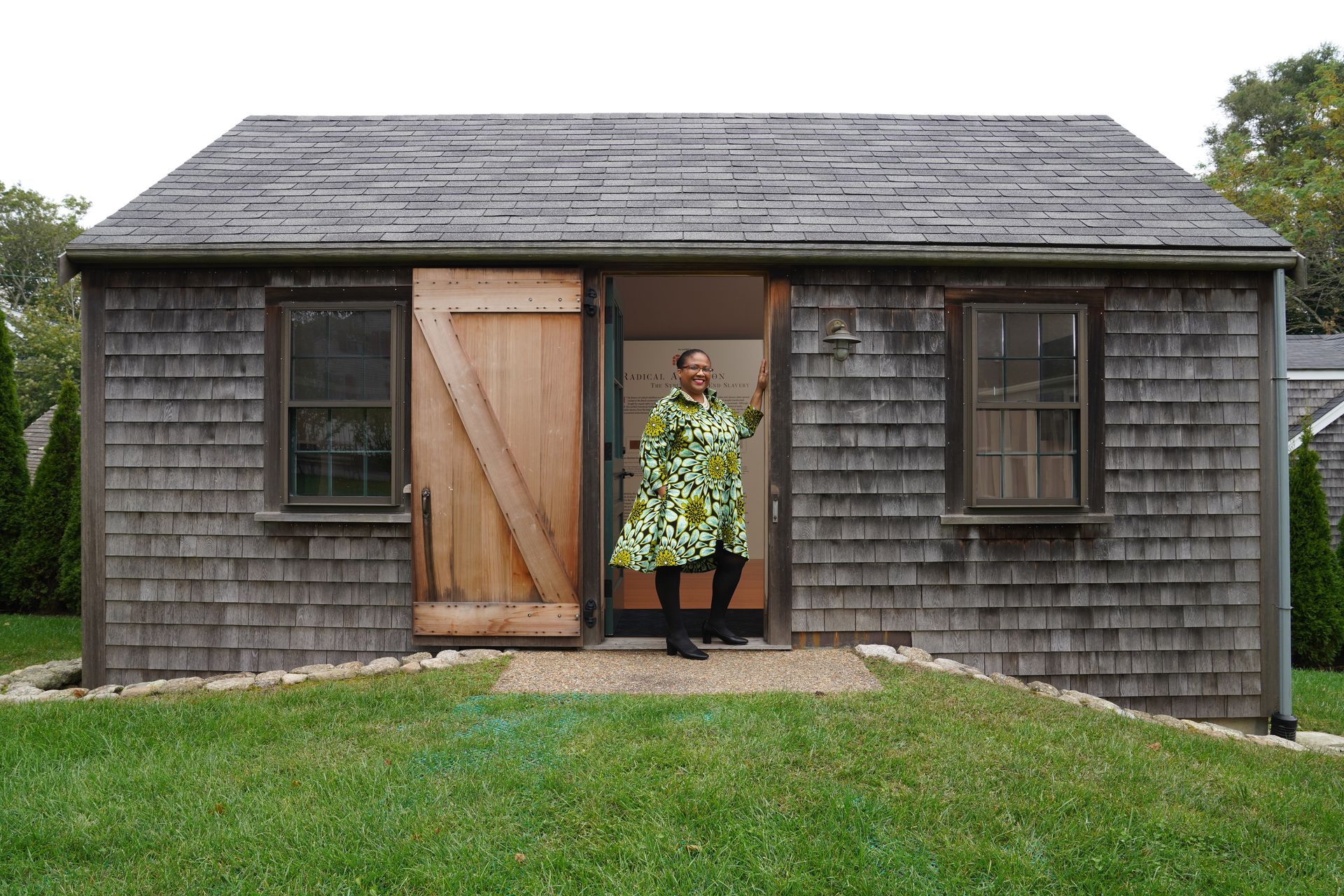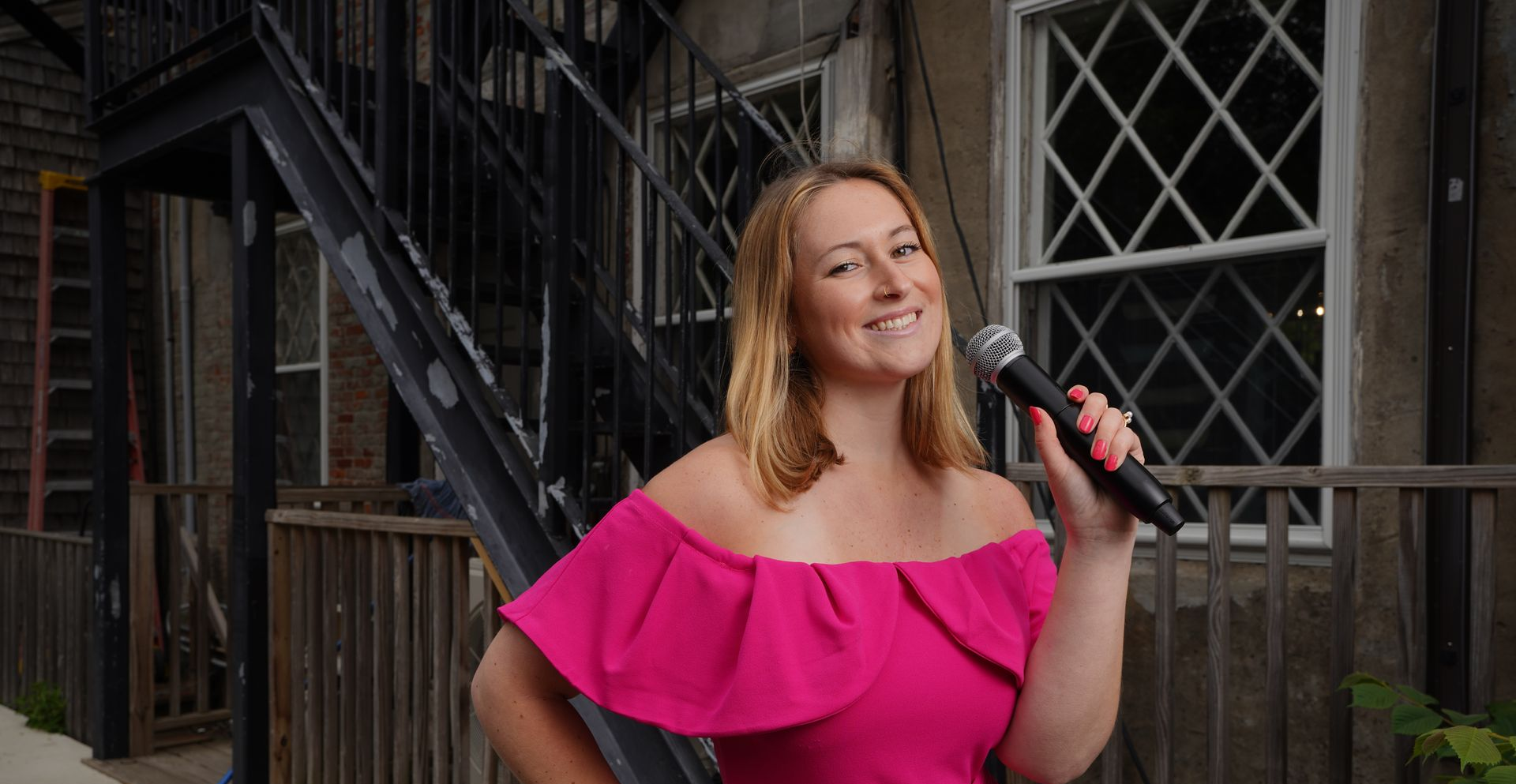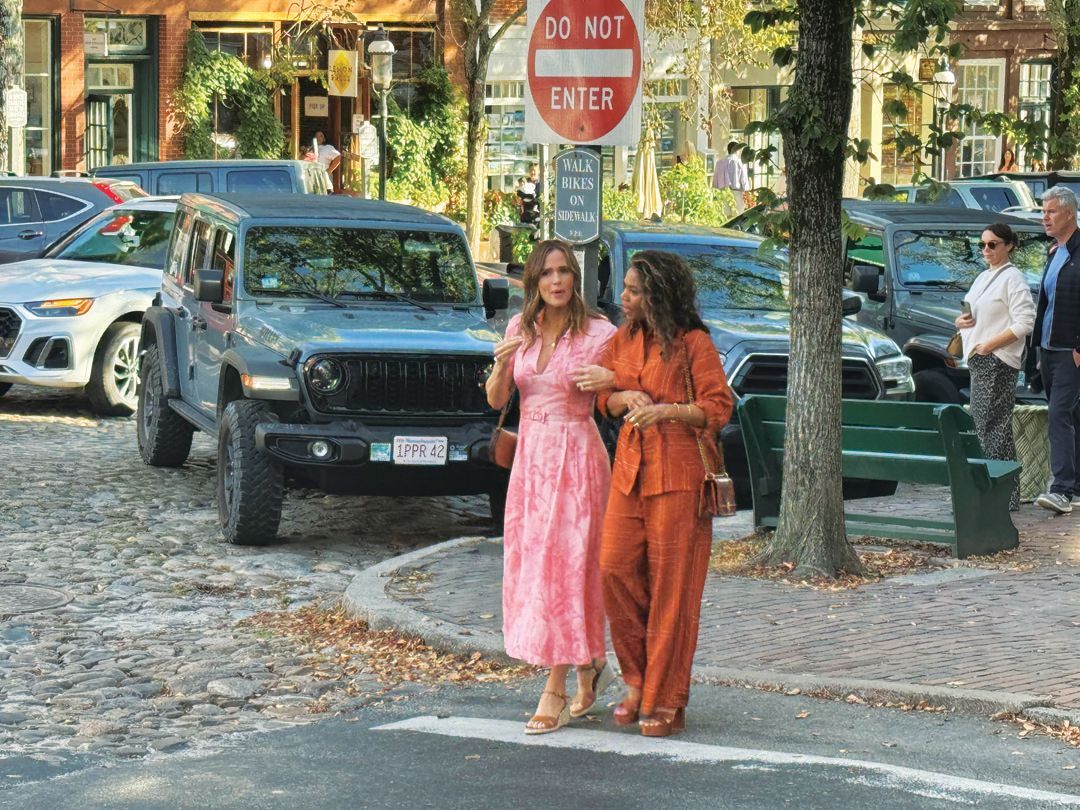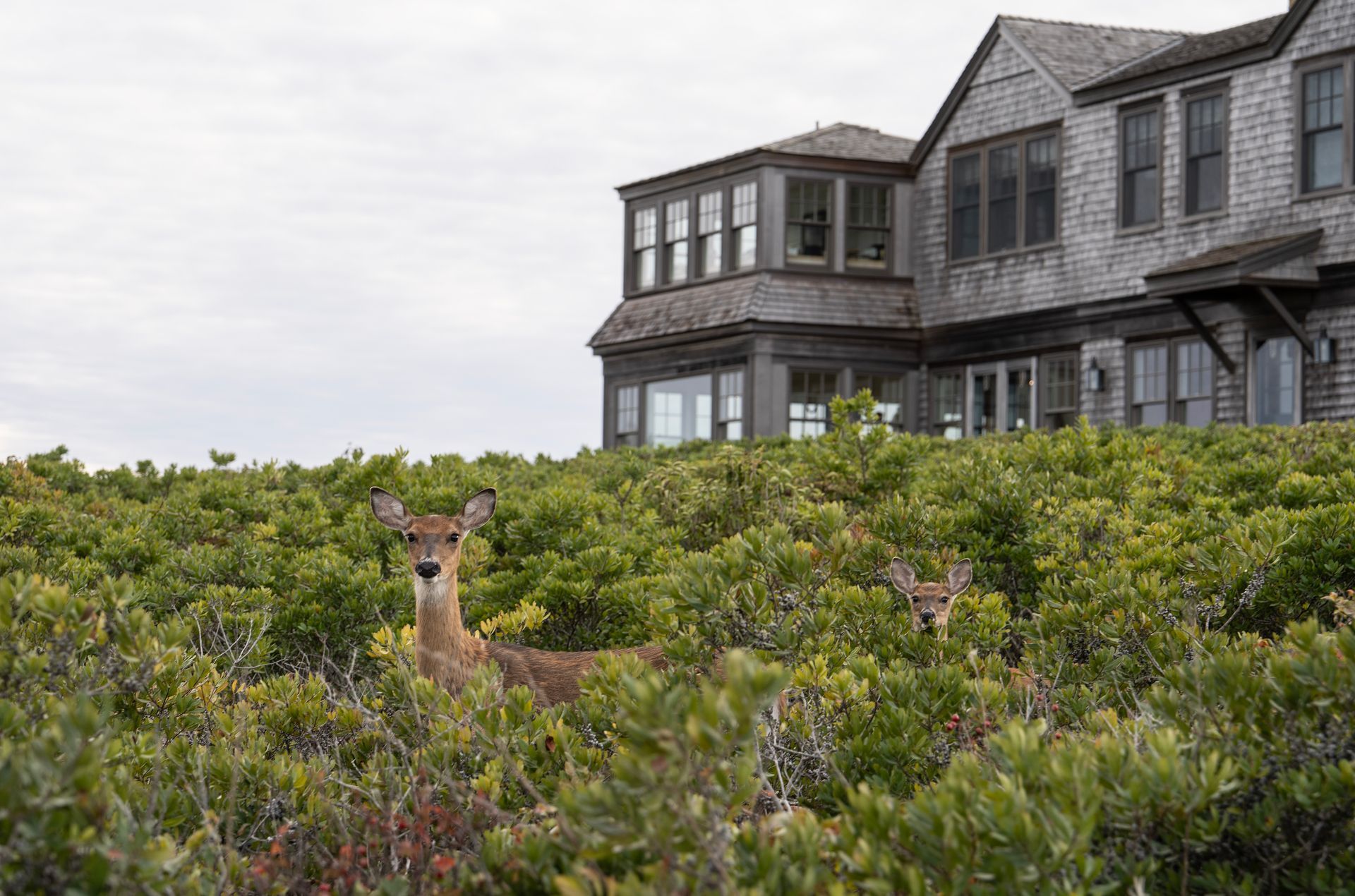The Naked Truth
Filmmaker John Waters performs his one-man show at the Dreamland.
Written by Brian Bushard
Photography by Greg Gorman
John Waters has made a career on raunchy films that could be so grotesque, some theaters would lay a sawdust-like material in the lobbies to absorb the smell of vomit after a screening. His films, including Pink Flamingos and Hairspray, are both subversive and iconic. They’re intended to stir a crowd. Waters often says he’s based his career on negative reviews. One of his favorite lines came from the Detroit Free Press review of Pink Flamingos, which compared the 1972 classic to a “septic tank explosion, it has to be seen to be believed.”
Waters comes to the Dreamland on July 26 for a production of his one-man show, The Naked Truth, a 70-minute show he rewrites every year. Waters sat down with N Magazine ahead of his show to discuss his legendary career and his upcoming performance.
N Magazine: Tell us about your one-man show.
John Waters: I don’t know how many film directors have stand-up acts, and it’s not just about my movies—it’s about fashion, politics, sex, parents, how to rebel when you’re my age, and how to not be an idiot when you’re young. I think it touches on everything.
N Magazine: Have you been to Nantucket before?
Waters: Yes, I went once. What I always do when I visit anew place is ask, ‘Where is the bar that the county workers go to?’ I went there. I went to The Chicken Box.
N Magazine: You’ve made a career pushing the boundaries. Does this show accomplish the same goal?
Waters: Completely. I make fun of the rules of the people who think they’re outlaws. I don’t make fun of our parents’ rules. I’m glad I had them so I could rebel and do it with some humor. I make fun of the old days and I make fun of hippie values even though I was a hippie. Today, I make fun of politically correct values, even though I think I am politically correct—and I make fun of myself first. That’s why I had a career that’s lasted this long.
N Magazine: What do you have to rebel against now?
Waters: Politically, there’s plenty to rebel about, but how do you do it? I talk about that [in the show]—how to find comic ways to rebel that work. You never make your enemy feel stupid. That’s the dumbest thing ever. You make them feel smart, even when they are stupid, then you make them laugh, then they’ll listen, and then you have sex with them. Humor is politics. I’m not a separatist. The only way that you can ever get somebody to change their mind is to make them laugh. Humor is how you win.
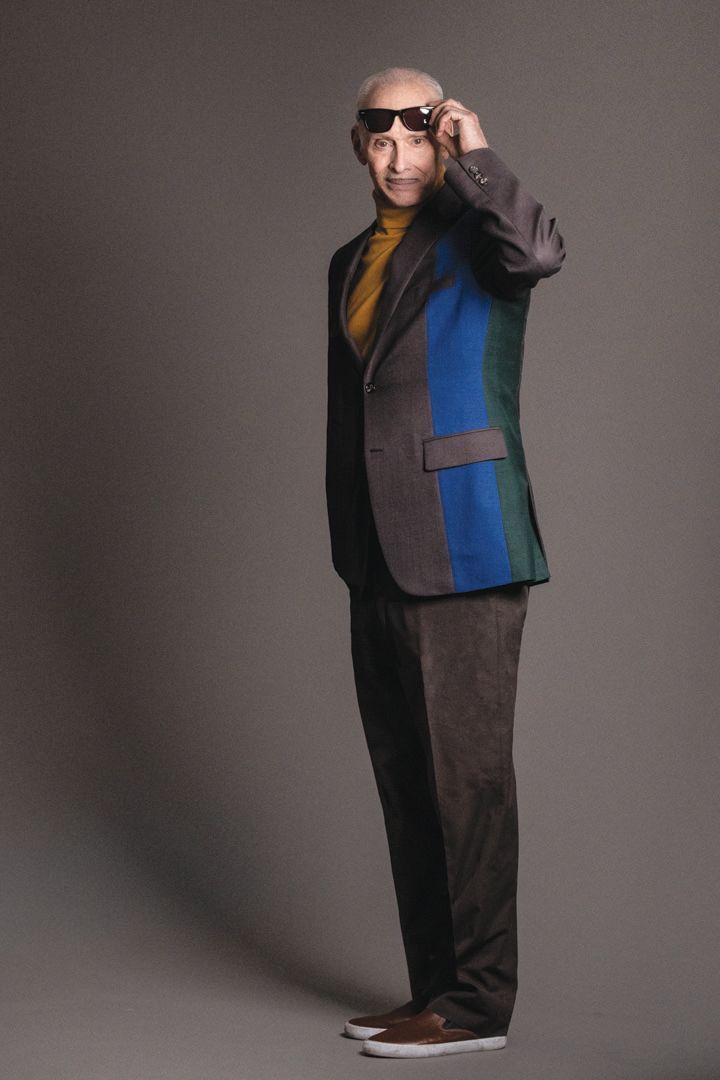
N Magazine: Has that approach worked so far for you?
Waters: Completely. How did Pink Flamingos get named by the National Film Registry as a great American film? It all is insane. The films are worse, but they play better and my audience is younger. They were even born when I made those movies.
N Magazine: Technology aside, when you look back at your earlier movies, like Pink Flamingos, do you think you would make them the same way today?
Waters: Yes, except when I made Pink Flamingos, it was right when porn became legal, so there was nothing left in terms of violence or nudity that was new, so you had to come up with something else. Pink Flamingos was a joke, a satire on what is left. Nobody has ever done any of the things in that movie again. Why would somebody eat dog s**t again? It would be a stupid stunt. The closest thing ever to Pink Flamingos is Johnny Knoxville’s Jackass.
N Magazine: Is it true that theaters would lay sawdust to mask the smell of vomit during your movies?
Waters: It’s not sawdust. There is a product that carnivals used outside of the tilt-a-whirl, and the theaters would put that down. I made the joke of my first book that if someone vomits during one of my films, it’s a standing ovation. I sort of meant that humorously, but I have seen people vomit, not that much, but it happens. I’m a carny, I still am.
N Magazine: Would you call your films “cult films?”
Waters: Well, you never say the word “cult” in Hollywood. That means three smart people liked it and it made no money. They are cult films, but they did make money. It’s not a word that means so much as it did then, but it’s still a very dirty word in Hollywood.
N Magazine: When you look at Hollywood today, is it harder to get a start as an indie director?
Waters: It’s over. The film business I knew is completely over. Young people don’t really go to weird movies anymore. Old people are the ones that like art movies, and after COVID, they never came back. Young people go to horror movies, but they don’t go to weird art films. I based a career on negative reviews, but it was by critics that we called “straight” in those days—that didn’t mean sexually, just that they didn’t smoke. The only other director I know that used negative reviews was David Lynch, but because we got the right kind of negative reviews, that made people laugh and come see it.
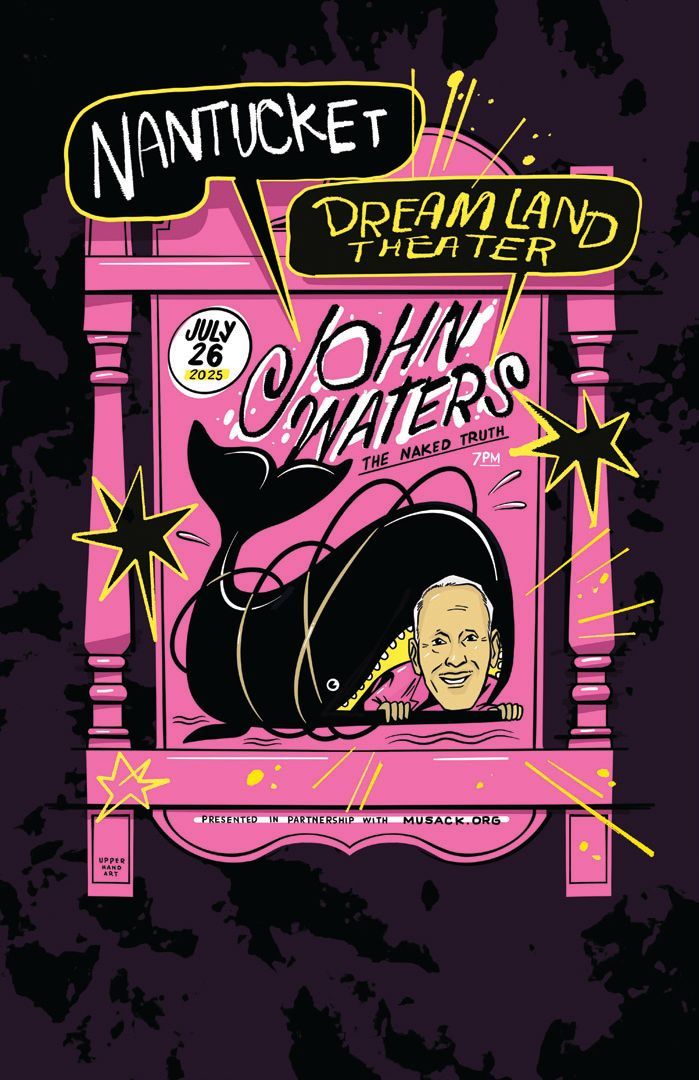
N Magazine: Are you in any way optimistic when it comes to young artists?
Waters: I have optimism with all young people. Their job is to think of things that make me nervous. The whole non-binary world definitely did that. The new non-binary world is the new revolution that even makes me—someone from the original sexual revolution—confused. And I love that.
N Magazine: What advice would you have for someone starting out as an artist or filmmaker?
Waters: Don’t try too hard to be shocking. Make people laugh. Don’t worry about rejection. You only need three people to say ‘yes’ to have a career: your mother, the person you’re sleeping with, and then that third person before your career has begun.
N Magazine: Is there any scene from any of your movies where you’ve looked back and said, ‘Maybe I went too far?’
Waters: I didn’t know I would have the chicken being killed in Pink Flamingos, but we got the chicken at a market that freshly killed chicken, and one of the cast members cooked and ate it after the scene. At least it was humane, but I don’t think I would do that today.
N Magazine: Did it take time for you to adjust to negative reviews?
Waters: No, because the movies always sold out. I never struggled to find an audience, and audiences loved the fact that other people were appalled by it. The whole point when I first came out with these movies was, ‘Imagine if my parents saw this movie.’ Today, people say to me, ‘My parents told me to see your movie.’ Any minute, somebody’s going to say, ‘My grandmother really loves you.’
N Magazine: Were your parents supportive of your movies?
Waters: They were but they were also horrified. I was very lucky. I was dealt a good hand. My parents were horrified by what I did, but amazed that I could do it.
N Magazine: What influences do you have now when you write and rewrite your one-man show?
Waters: It’s always been the same. First, I try to make myself laugh. I listen to people, I watch people, I spy on people. I’m never bored. I have 51 shows this year, and I’ll be 80 years old next year. People always ask how I do it. Well, I don’t know how I can’t do it when it’s offered that I can. I love constantly rewriting material and finding humor in everything, even when it’s grim.

